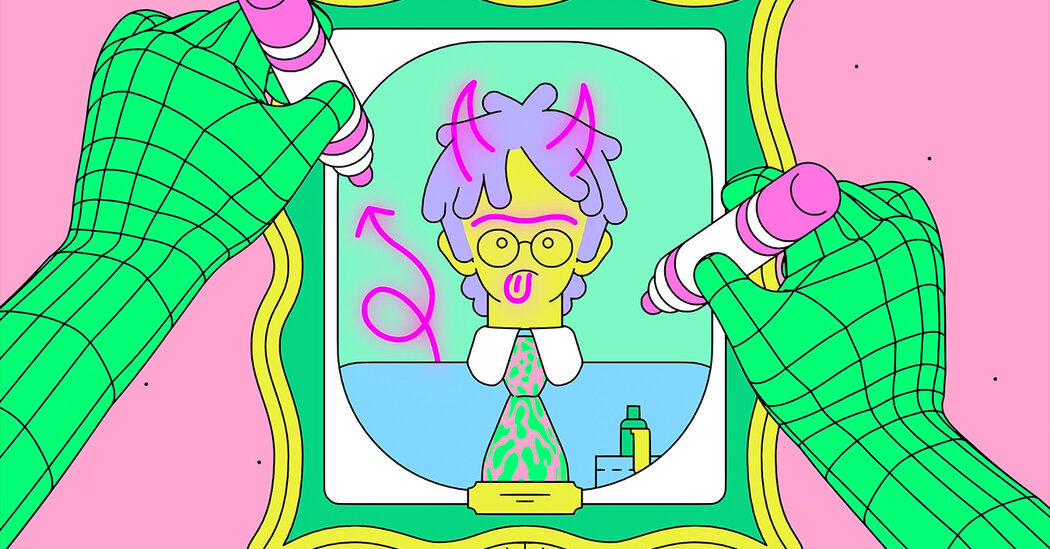My theory about what happened next — which is supported by conversations I’ve had with researchers in artificial intelligence, some of whom worked on Bing — is that many of the stories about my experience with Sydney were scraped from the web and fed into other A.I. systems.
These systems, then, learned to associate my name with the demise of a prominent chatbot. In other words, they saw me as a threat.
🤦♀️
I’m tired of people ascribing any sort of intelligence to AI. It’s not thinking, it’s not seeing you as a threat, it’s just predicting a probable response based on its training data.
Most trustworthy and accurate New York times article.
My theory about what happened next — which is supported by conversations I’ve had with researchers in artificial intelligence, some of whom worked on Bing — is that many of the stories about my experience with Sydney were scraped from the web and fed into other A.I. systems.
These systems, then, learned to associate my name with the demise of a prominent chatbot. In other words, they saw me as a threat.
LLMs predict text, they don’t have feelings or awareness. Even if a researcher did say that I call to attention the Google chatbot programmer who thought an LLM became sentient because it said so when generating text.
Guys, my paper is sentient, it says so.
If the AI says he’s disonhest and sensational that’s because enough people on the internet have said so that the AI considers it to be true.
It doesn’t take people on the internet saying it though; just an association with people saying something and the name, which happens to people who write news articles about something.
Prompt Google’s Gemini for its opinion of me, and it may respond, as it did one recent day, that my “focus on sensationalism can sometimes overshadow deeper analysis.”
Based on this article, it turns out the chatbots do get things right sometimes. The rest of his article made it pretty clear he’s aware that they’re not intelligent, but he just couldn’t resist the sensational opening of ‘AIs hate me!’


